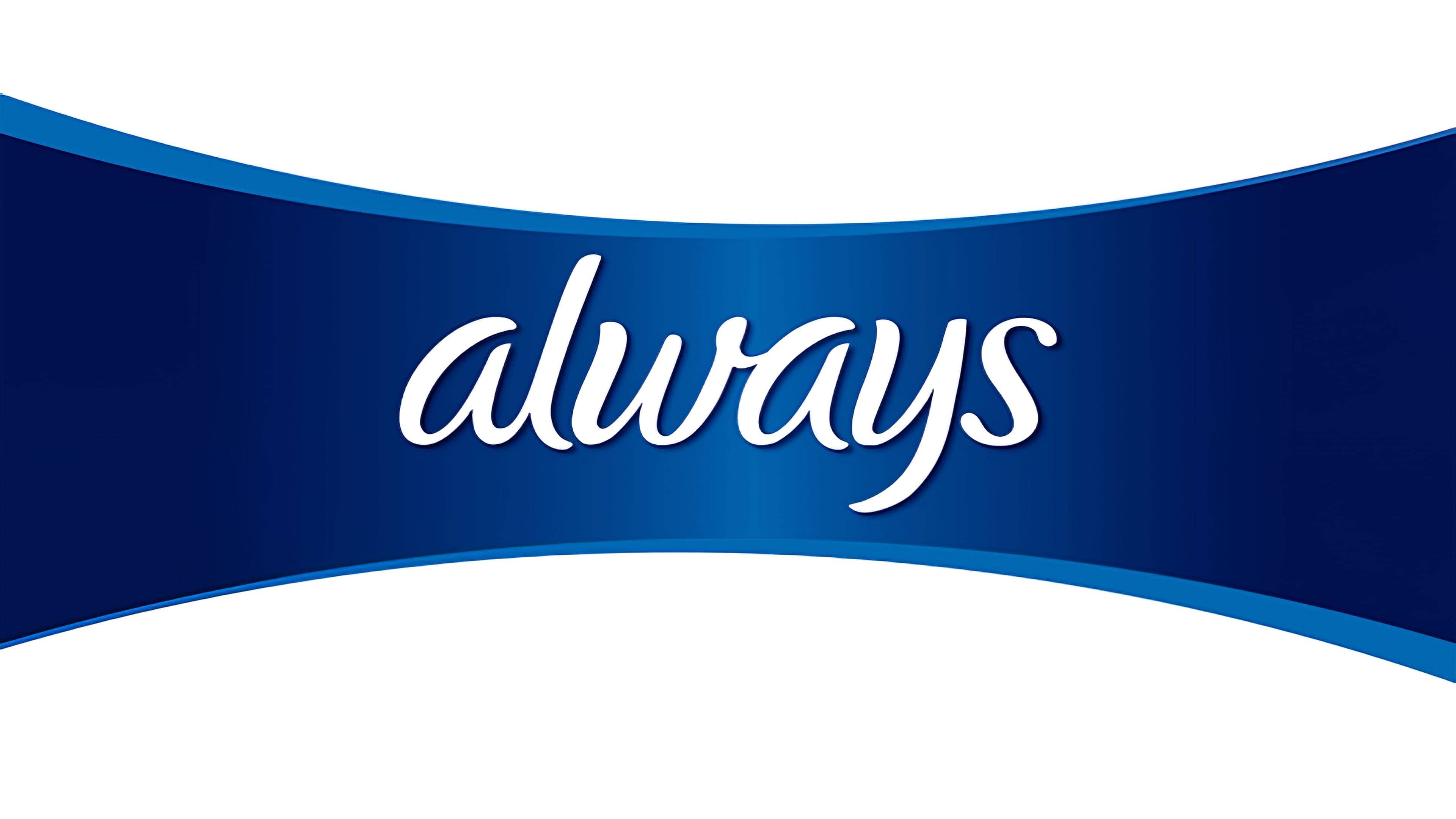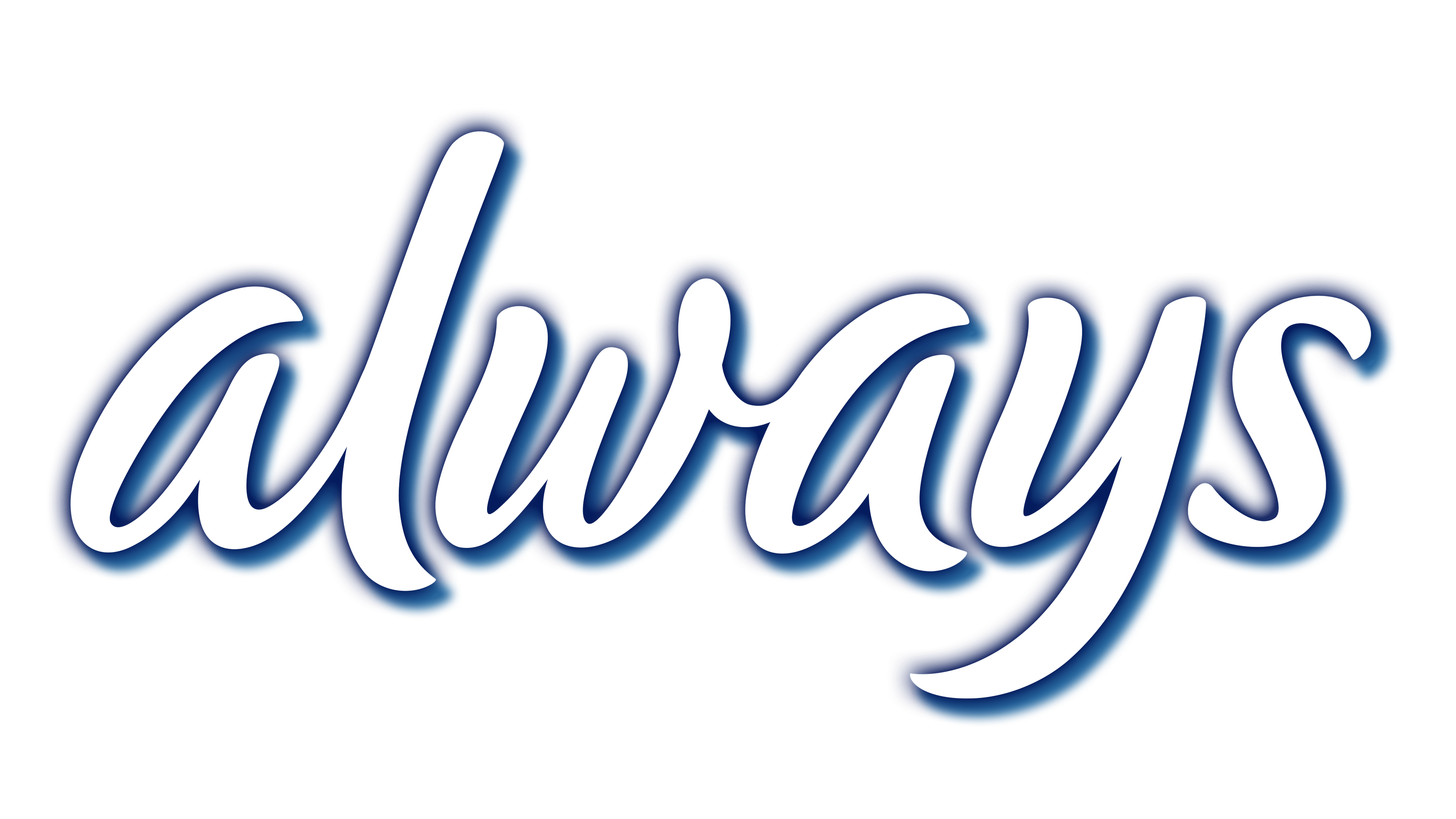I Always Knew I Wasn't Going To Be Gay - A Personal Look
Table of Contents
- What Does It Mean to 'Always Know' About Identity?
- Setting Things Up to "Always Be" a Certain Way
- Bypassing Annoyances - A Wish for "i always knew i wasn't going to be gay"
- Community Spaces and Shared Stories
- Different Kinds of "Always Knew" Moments
There's a fascinating thing about how we come to understand ourselves, a deep, quiet sort of knowing that often feels like it's been there all along. Sometimes, it's a feeling that just sits with you, a sense of who you are, or maybe, who you aren't. This kind of inner certainty, in a way, shapes how we move through the world, guiding our choices and our very being. It’s a bit like a compass pointing us in a particular direction, a feeling that, for some, starts very early in life.
For many, this personal awareness shows up in different forms. You might hear someone say, "I always knew I wasn't going to be gay," a declaration of self that speaks to a very clear inner picture. Or perhaps, it's a slow dawning, a gradual realization that unfolds over time, even decades. It’s that moment when pieces start to fit together, and what was once a vague sense becomes a firm conviction. This whole process, you know, it's deeply personal and varies for everyone.
This idea of "always knowing" isn't just about identity, though. It pops up in so many parts of our daily existence, from how we prefer our computer settings to the fundamental rules that govern how things work in the world. It's about those things we expect to happen, those consistent patterns, or the way we set things up so they just "are" a certain way. Really, it's about the inherent nature of things, and our own inner workings, too.
- Romano Giancarlo
- Love Island Amber And Kem
- Patrick Mahomes And Travis Kelce Burglaries
- May 1 Astrology
- Mj Death Photos
What Does It Mean to 'Always Know' About Identity?
When someone says they "always knew" something about themselves, especially regarding who they are drawn to, it points to a very deep-seated personal truth. It's a feeling that seems to originate from a very young age, a kind of internal compass that just points in a certain direction. For some, this feeling is so strong, so clear, it’s almost like a memory from childhood. It's a bit like having a consistent internal signal, you know, telling you something important about yourself.
Think about it, there are folks who can recall moments from when they were very small, perhaps as young as eight years old, where they just had this undeniable sense about their personal leanings. It's a powerful thing to have that kind of early self-awareness. One person, for instance, mentioned having someone send pictures to their mom’s phone at that tender age, a kind of early indicator of their path, confirming that inner feeling. This idea of "i always knew i wasn't going to be gay" becomes a kind of personal anthem, a statement of originality and an assertion against any outside expectations or common ideas about people.
Early Feelings and the Phrase "i always knew i wasn't going to be gay"
It’s really something when someone feels such a clear sense of self from such a young age. This phrase, "i always knew i wasn't going to be gay," often comes from a place of deep, personal certainty, a feeling that settled in early and stayed put. It’s not about rejecting anyone else’s experience, but rather a simple statement of one’s own inner truth. This feeling, you know, can be a source of strength, a kind of personal grounding. It helps people stand firm in who they are, perhaps even feeling a sense of defiance against common ideas about how people should be.
- Zelenskyy Says Us Will Have To Send Their Sons
- Jcpenney Fairview
- Kentucky Derby Jockey Payout
- Chappel Roan Ass
- Parishilton London
For some, this early certainty is tied to a broader sense of personal destiny, a feeling that they were always meant for something specific. Like the person who mentioned, "i always knew that i'd be great 'cause my coach told me i was slow, but i was." This shows how an inner belief can push back against external views, creating a path based on one’s own deep-seated conviction. It's that consistent inner voice, you know, that really counts.
When Self-Discovery Happens Later in Life
On the other hand, for some people, that clear sense of self, that "always knew" feeling, might take a while to fully form. There are those who might have a faint inkling, a sort of background hum, but it doesn't become a loud, clear signal until much later. One person shared how they realized they were gay at 36, during a time of quiet reflection like a lockdown. They mentioned, "I kind of always knew, but I wasn't sure." This really speaks to how self-discovery can be a gradual unfolding, a slow but steady process, especially for those living in smaller places where diverse experiences might not be as visible. It’s a kind of personal evolution, you know, that happens at its own pace.
This process of understanding oneself can involve looking back at earlier feelings, like during puberty, when one might notice certain attractions or feelings. The person who realized they weren't asexual or bisexual, but simply gay, after looking at themselves in the mirror during puberty, really shows this. It’s about putting the pieces together, finally seeing the full picture of one’s own attractions and identity. It’s like, once that clarity hits, there's no going back; the person was "still 100% gay," a solid, unchanging truth. So, in a way, the "always knew" part can be a quiet whisper that turns into a clear statement later on.
Setting Things Up to "Always Be" a Certain Way
Beyond personal identity, the idea of "always" comes up a lot in how we want things to function around us, too. It’s about setting up defaults, making sure certain things consistently happen or appear. Think about how things are designed to react; for instance, in some technical systems, a certain element might be set up to "always" react whenever other related pieces change. This is a bit like how some aspects of our personality or preferences just "are," consistently responding to our environment or inner state. It's a way of ensuring a predictable outcome, you know, making things work the way we expect.
This desire for consistency shows up in all sorts of places. We might want a certain number format to "always" show two decimal places, or wish for a vertical scrollbar to "always" be there, even if it's not strictly needed at that moment. These are small examples, but they reflect a human desire for things to be predictable, to operate in a known, consistent manner. It's about creating a stable environment, whether it's in a computer program or in our daily habits. This consistency, in a way, provides a sense of order, a kind of reliable backdrop to our lives.
The Idea of Defaults and "i always knew i wasn't going to be gay"
The concept of a "default" is really interesting when you think about it. It’s something that’s set to "always" be a certain way unless you specifically change it. Like how a programming language might "always" pass information by value, not by reference, which means it handles data in a very specific, unchanging manner. This is a fundamental characteristic, a core behavior that doesn't shift. In a similar vein, a person's core identity, that feeling of "i always knew i wasn't going to be gay," can feel like a default setting, an inherent part of who they are, established very early on. It’s a kind of inner programming, you know, that guides their inclinations.
This idea of an "always" default also comes up when people are trying to make their daily tasks smoother. If a system "always" asks for a username and password, and it becomes an annoyance, people look for ways to make it "always be on by default" instead. They want to bypass the repeated step, to set things up so they just work consistently without extra effort. This reflects a desire for life to flow easily, for things that are truly fundamental to just be accepted and present, without constant re-affirmation. It’s about reducing friction, about having things just "be" a certain way, as a matter of course.
Making Things Stay Constant in Your World
Sometimes, we actively try to make things stay constant, to keep a certain element fixed in a calculation or a process. For example, in a spreadsheet, you might want a particular cell to "always" remain the same even if you copy the formula elsewhere. This is about establishing a fixed point, something that doesn't change, providing a stable reference. This desire for constancy can be seen as a parallel to how some people feel about their own identity, that there's a core part of them that "always" remains the same, no matter what external factors shift. It's about finding an anchor, you know, in a world that can often feel quite fluid.
This need for things to "always" be a certain way, or to keep something constant, can also come from a place of seeking clarity and avoiding confusion. When people are trying to figure out how different "always" terms work in a technical context, like the distinctions between `always_ff`, `always_comb`, and `always_latch`, they're trying to grasp the consistent behavior of these elements. They want to know how each one "always" operates, so they can use them for their intended purpose. This pursuit of clear, unchanging definitions is, in a way, similar to the quest for self-understanding, for knowing what "always" holds true about oneself.
Bypassing Annoyances - A Wish for "i always knew i wasn't going to be gay"
It's interesting how often we encounter little frustrations in our daily routines, those things that "always" pop up and slow us down. Like a system that "always" asks for a username and password, or a setting that isn't "always" on by default when we want it to be. There's a natural human desire to smooth out these rough edges, to bypass the steps that feel unnecessary. We want things to just work, to be set up so
- Wired Sports Bra
- Shante Broadus Laurie Holmond
- May 1 Astrology
- Kim Kardashian Fashion Week
- Will Smith Family Picture

Always Logo, symbol, meaning, history, PNG, brand

Naver Logo Png Transparent Naver Logopng Images Pluspng

Always é Bom? Conheça os Detalhes! - Honest Reviews